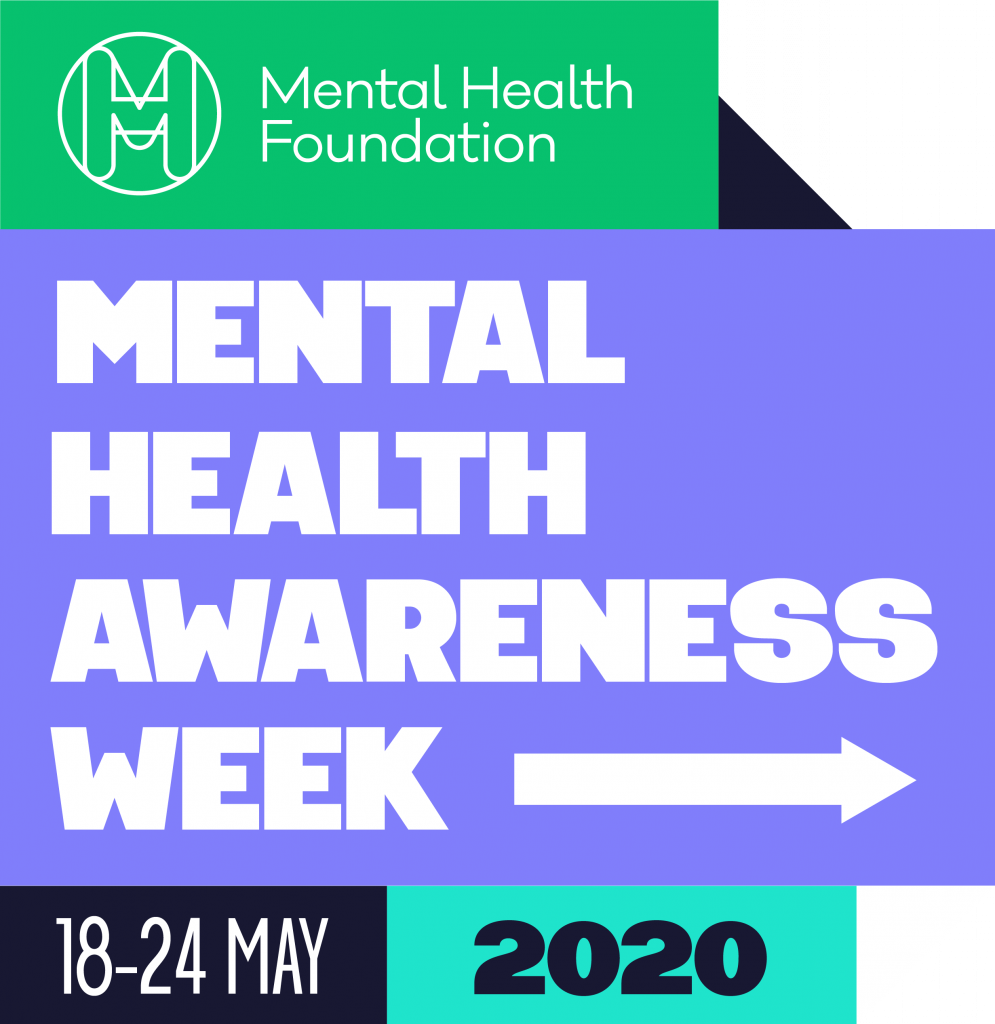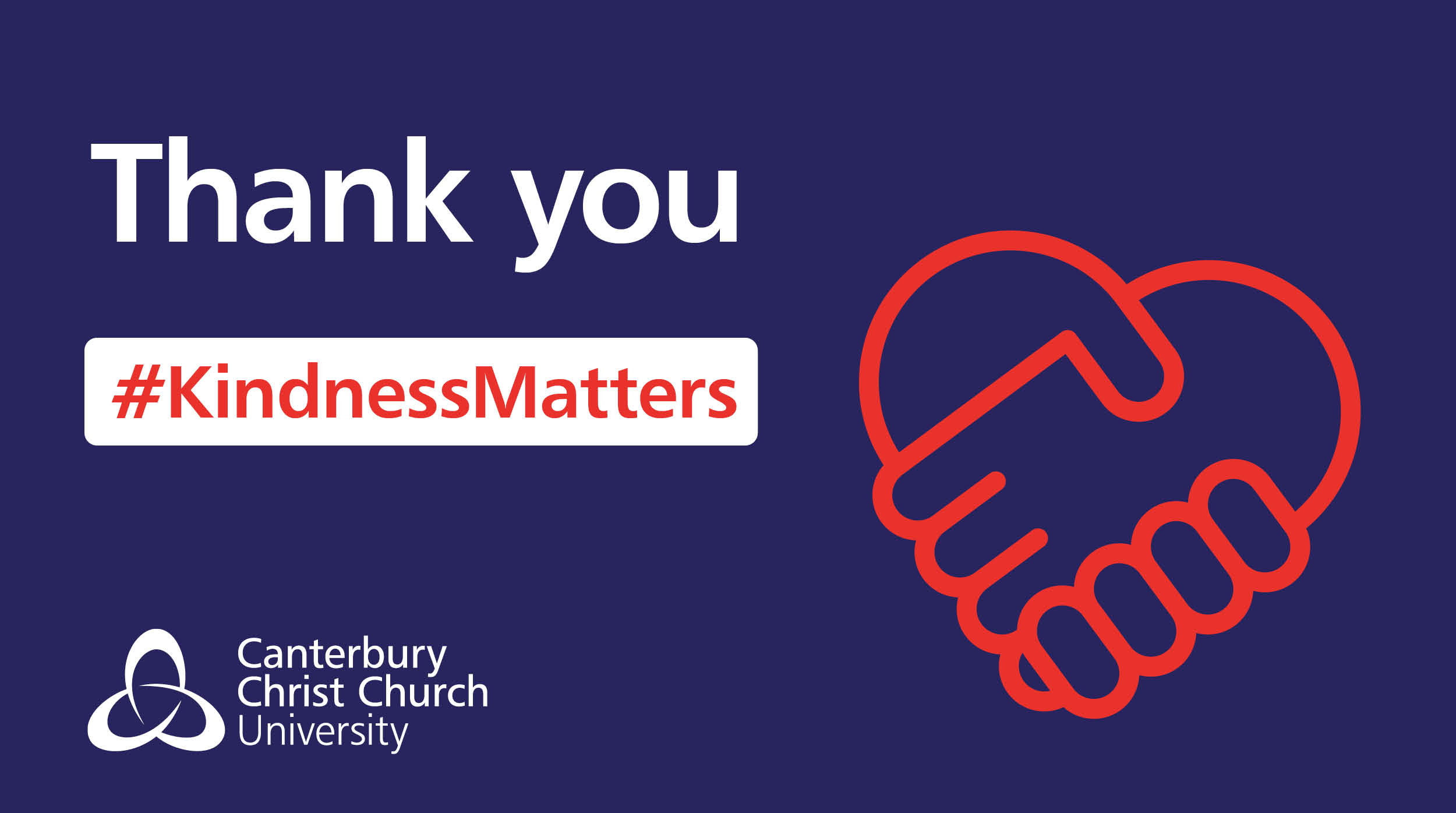We talk a lot about kindness, especially now in times of difficulty, and Mental Health Awareness Week. I want to dig underneath what we mean by kindness – how does it make a difference, and how does it apply at work?
Kindness can be variously considered as a value, a strength, an activity, a personality trait, an emotion. A tall order indeed. Let’s unpick that a little.
Martin Seligman and his positive psychology research colleagues at the VIA Institute think that kindness consists of elements such as compassion, nurture and altruism. That sense of being nice to others without expectation. They identify it as a character strength, and one that can be built up for positive effect.
Where does kindness originate from? Well, we have evolved as social creatures, and prosocial behaviour within communities has led to success for that community (in hunting or defense, for example) and for the individual (through future reciprocal behaviour or improved status).
Kindness is more than that though. Or perhaps less. Those evolutionary examples suggest a purpose, an intended outcome, and kindness just, well, is. Behaving toward another or oneself with unconditional positive regard, accepting and embracing other’s differences. This can lead to kindness actions such as gratitude, support, enablement, love.
Research has developed our understanding of kindness, and also the impact kindness behaviours can have, whether given or received. It is shown to increase our general levels of wellbeing and happiness, and measures such as stress and our ability to respond to ill-health. It improves relationships, creates new connections and can become self-perpetuating.
At work, kindness can have the same positive effect. We can all, I am sure, recall instances of kindness from colleagues or managers and what a difference that made to us – whether that was someone making us a cup of tea, thanking us for a good piece of work, listening to us rant on a bad day, or making us laugh on a good one, going out of their way to help with a problem, speaking up for us when we couldn’t find our own voice. We can be that person in return. Kindness can contribute to teams and workplaces that have lower stress levels, where individuals support each other in time of challenge and feel positively engaged with their work. Leaders demonstrating kindness are more likely to create a culture of authenticity and compassion.
At a community and society level, kindness too has a part to play. Policies, rules and strategies that do not have kindness at their heart could be in danger of perpetuating inequalities. Cohorts of children not surrounded by kindness role-models will not grow with the skills needed to create a kind society. Online communities that allow unkind behaviour and comments (as opposed to free speech and critique) to become a dominant voice, simply perpetuate divided societies and impact mental health.
This week for Mental Health Awareness Week, why not reflect on your own kindness – think of it as a strength and build it up. Small actions, big impact. #kindnessmatters.
Juliet Flynn, Organisational and People Development Advisor

 People, Culture and Inclusion
People, Culture and Inclusion Juliet Flynn
Juliet Flynn 597
597


